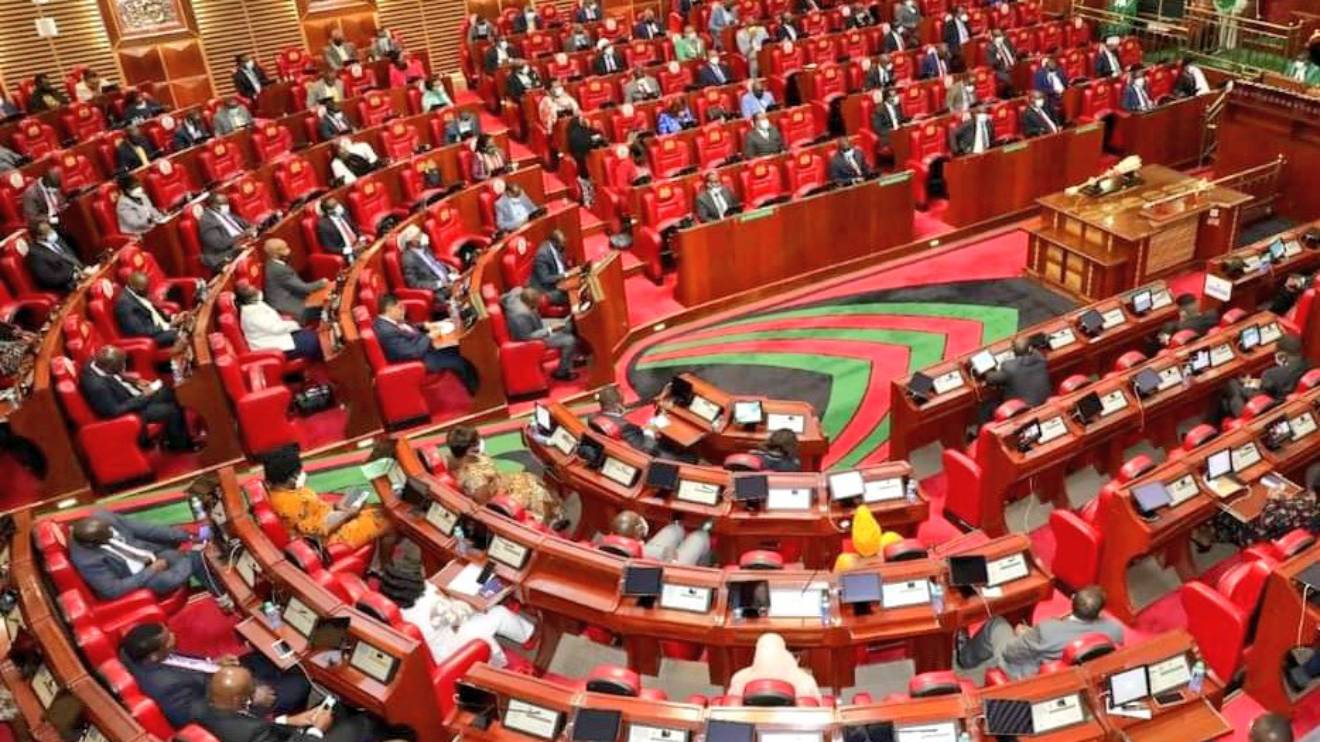Kenya's ambitious plan to curb soaring cooking oil prices has backfired spectacularly, leading to a staggering Sh6.6 billion loss.
The government-backed edible oil programme launched with the aim of providing affordable cooking oil to millions of Kenyans has come under fire following revelations of financial mismanagement and strategic blunders.
In a recent session before the Senate Trade, Industrialisation, and Tourism Committee, chaired by Seki Lenku Ole Kanar, senior officials from the Kenya National Trading Corporation (KNTC) conceded that the programme had spiralled into a costly failure.
The corporation admitted to spending Sh14.4 billion to import vast quantities of cooking oil, only to sell it at prices below market value, ultimately leading to significant financial losses.
The losses were further compounded by the fluctuating dollar exchange rate.
Read More
At the time of purchase, the rate stood at $160 to the shilling but has since dropped to $130, further exacerbating the corporation's losses.
KNTC's acting Managing Director, Peter Njoroge, explained, “The corporation lost money because it not only sold the oil at a lower price but also due to fluctuations in the dollar exchange rate.”
The major players in the procurement process included Multi Commerce FZC, which was contracted to import 1.97 million jerricans of oil, earning a whopping $69,894,300 (Sh11.18 billion).
Charma Holdings Limited provided 499,174 jerricans for $14,976,720, while Shehena Holdings supplied 13,420 jerricans for $402,600.
Despite these significant investments, the oil was sold at prices far below its cost of acquisition, leaving the programme with a huge financial hole.
Njoroge pinned much of the blame on KNTC’s previous management, accusing them of poor decision-making that resulted in billions of shillings of public funds being lost.
“It’s unfortunate that this happened. It’s not a good thing and as part of the KNTC management, we owe this country an apology," Njoroge admitted.
Njoroge’s statement acknowledged the gravity of the situation, but he also struck a note of cautious optimism, suggesting that the lessons learned would inform future decision-making within the organisation.
“Moving forward, we have learnt our lesson and those who will be moving this organisation to the next stage will use the lesson and will not make the same mistakes,” he assured.
The edible oil programme, once hailed as a solution to the rising cost of living, now stands as a cautionary tale of how poor oversight and mismanagement can derail even the most well-intentioned projects.
With taxpayers left to shoulder the burden, the government faces increasing pressure to address the systemic issues that led to this financial debacle.








